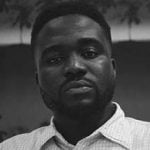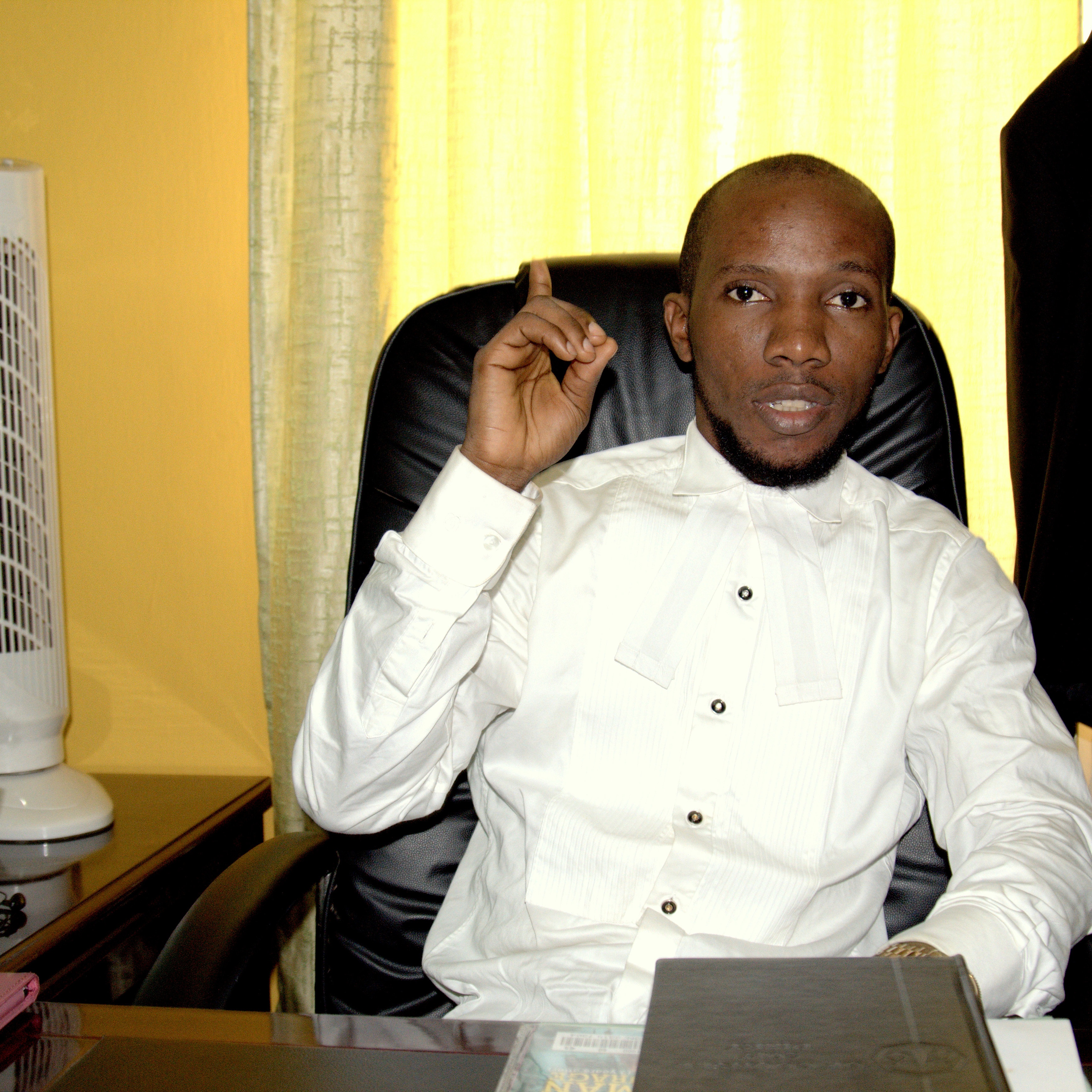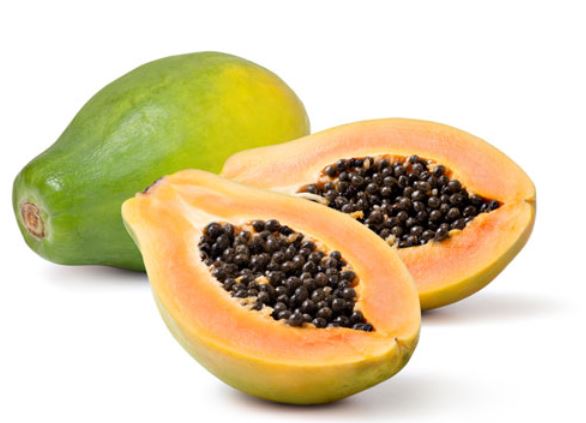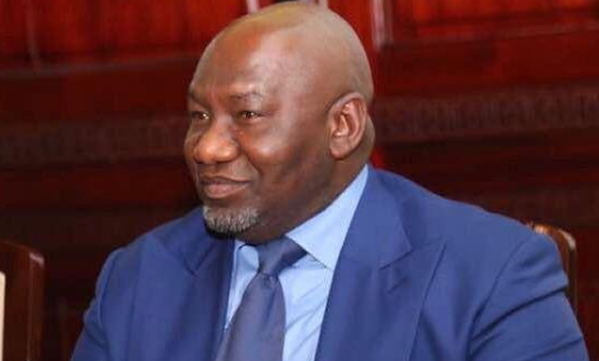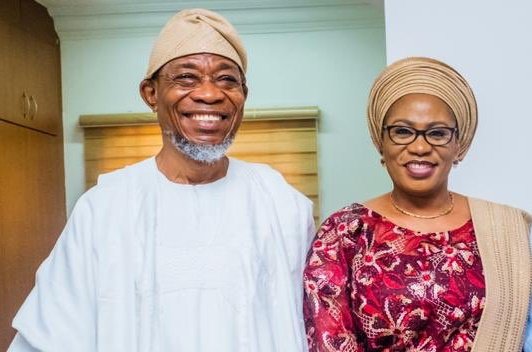Inibehe Effiong, a lawyer, says Vice-President Yemi Osinbajo does not need to waive his immunity for him to be investigated.
On Wednesday, the vice-president said he will waive his constitutional immunity so he could be investigated.
Osinbajo’s reaction came after Timi Frank, a former deputy national publicity secretary of the All Progressives Congress (APC), alleged that the Federal Inland Revenue Service (FIRS) made N90 billion available to the vice-president for election campaign.
In a series of tweets, Osinbajo, who has threatened take legal action against Frank, said: “I will waive my constitutional immunity to enable the most robust adjudication of these claims of libel and malicious falsehood.”
Advertisement
Reacting, Effiong argued that based on constitutional provisions, Osinbajo cannot waive his immunity, but that he can be investigated.
“The Supreme Court decided in 2001 in the case of Tinubu v. I. M. B. Securities Plc that the constitutional immunity under Section 308 of the Constitution cannot be waived by the persons to whom the provision is meant to protect,” he explained in a series of tweets.
Based on the extant constitutional regime, the Vice President Prof. Osinbajo, cannot waive his immunity. The Supreme Court decided in 2001 in the case of Tinubu v. I. M. B. Securities Plc that the constitutional immunity under Section 308 of the Constitution cannot be waived. 1/
Advertisement— Inibehe Effiong (@InibeheEffiong) September 25, 2019
“In the said Tinubu’s case, former governor Bola Ahmed Tinubu decided to waive his immunity to defend a civil claim initiated against him. The Supreme Court barred the then governor of Lagos State from proceeding with the suit.”
In the said Tinubu’s case, former governor Bola Ahmed Tinubu decided to waive his immunity to defend a civil claim initiated against him. The Supreme Court barred the then gov of Lagos State from proceeding with the suit. 2/
— Inibehe Effiong (@InibeheEffiong) September 25, 2019
Advertisement
Effiong said the vice-president has the right to sue for defamation of character, and that while legal proceedings cannot be initiated against him, the supreme court and the court of appeal have decided in several cases that the immunity clause does not prevent the beneficiary from suing for defamation of character.
“In other words, Prof. Osinbajo can sue but cannot be sued. This was the position taken by the Supreme Court in 2007 in the case of Global Excellence Communications Ltd. V. Donald Duke.”
He also said immunity under section 308 of the constitution does not extend to criminal investigation by law enforcement agencies.
“This was the position taken by the Supreme Court in 2002 in the celebrated case of Chief Gani Fawehinmi v. Inspector General of Police,” he said.
Advertisement
“Provided the investigation does not result in the arrest or detention of the Vice President or compelling his appearance, he can be investigated.
“The statement of Prof. Osinbajo is political. Immunity does not cover investigation therefore the question of waiver does not arise in the circumstance.”
Advertisement
Provided the investigation does not result in the arrest or detention of the VP or compelling his appearance, he can be investigated.
Osinbajo’s statement is political. Immunity does not cover investigation, therefore the question of waiver does not arise in the circumstance /6
Advertisement— Inibehe Effiong (@InibeheEffiong) September 25, 2019
Section 308 of the 1999 constitution states that no process of any court requiring or compelling the appearance of the vice-president to whom this section applies, shall be applied for or issued.
Advertisement
It, however, adds that these provisions “shall not apply to civil proceedings against a person to whom this section applies in his official capacity or to civil or criminal proceedings in which such a person is only a nominal party.”
Add a comment
